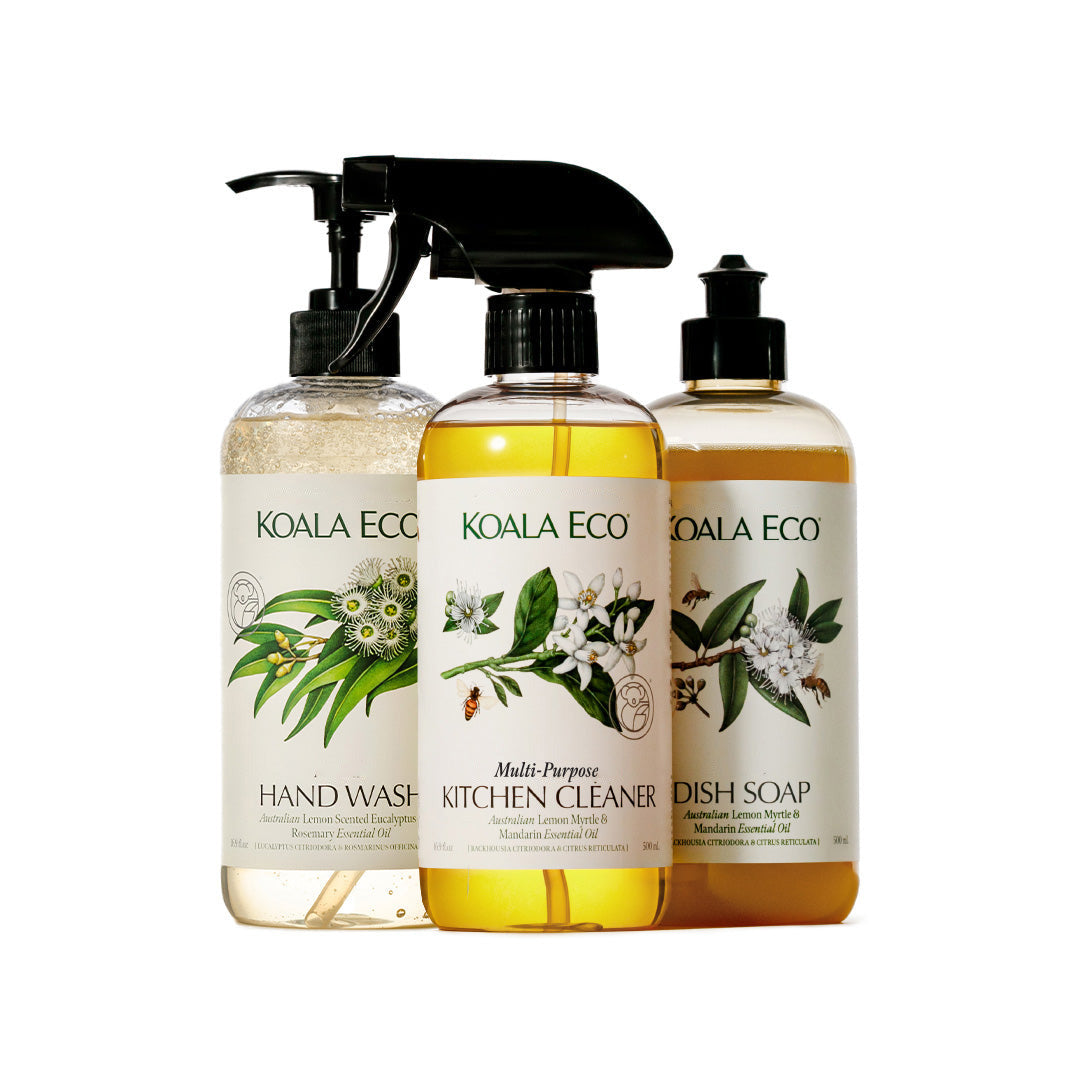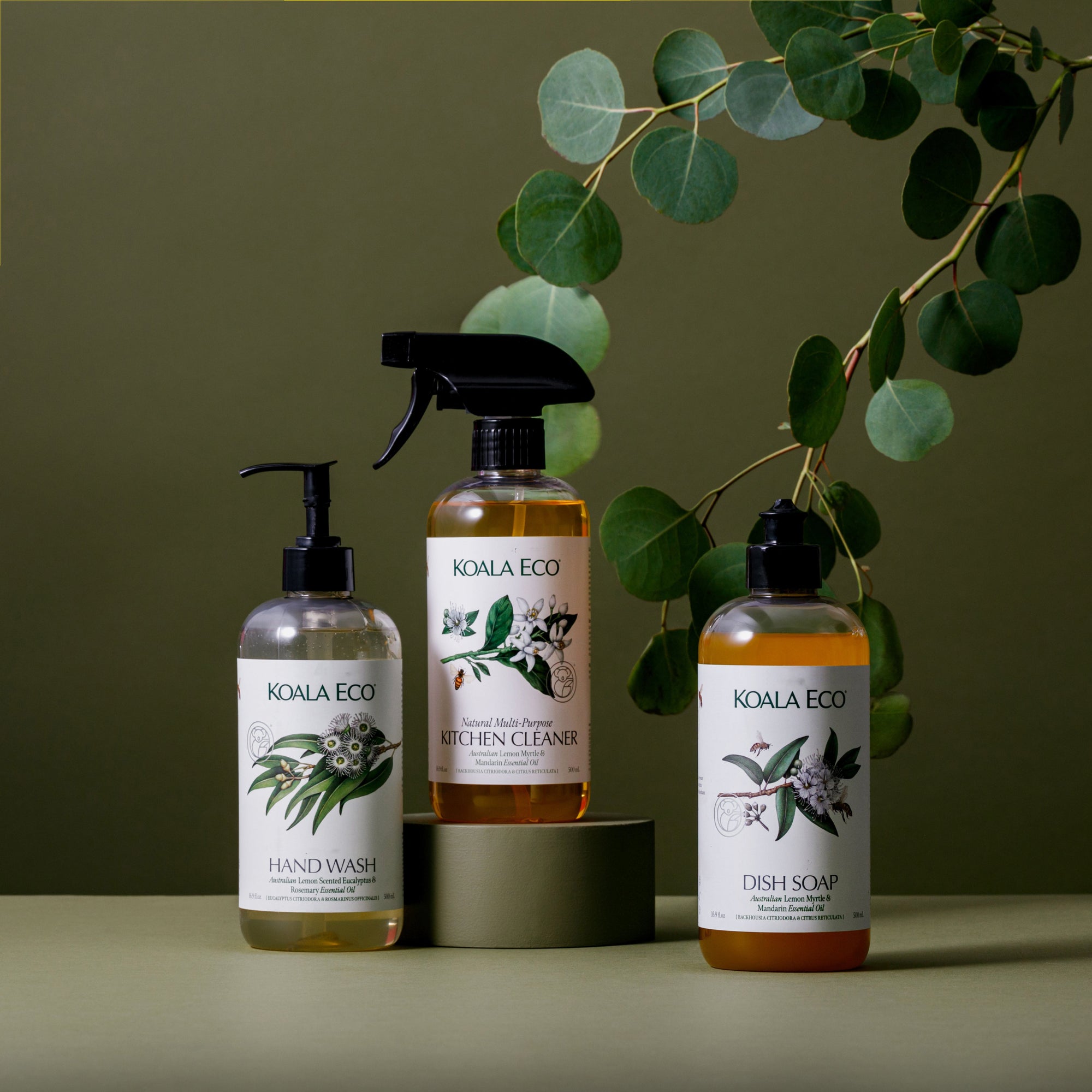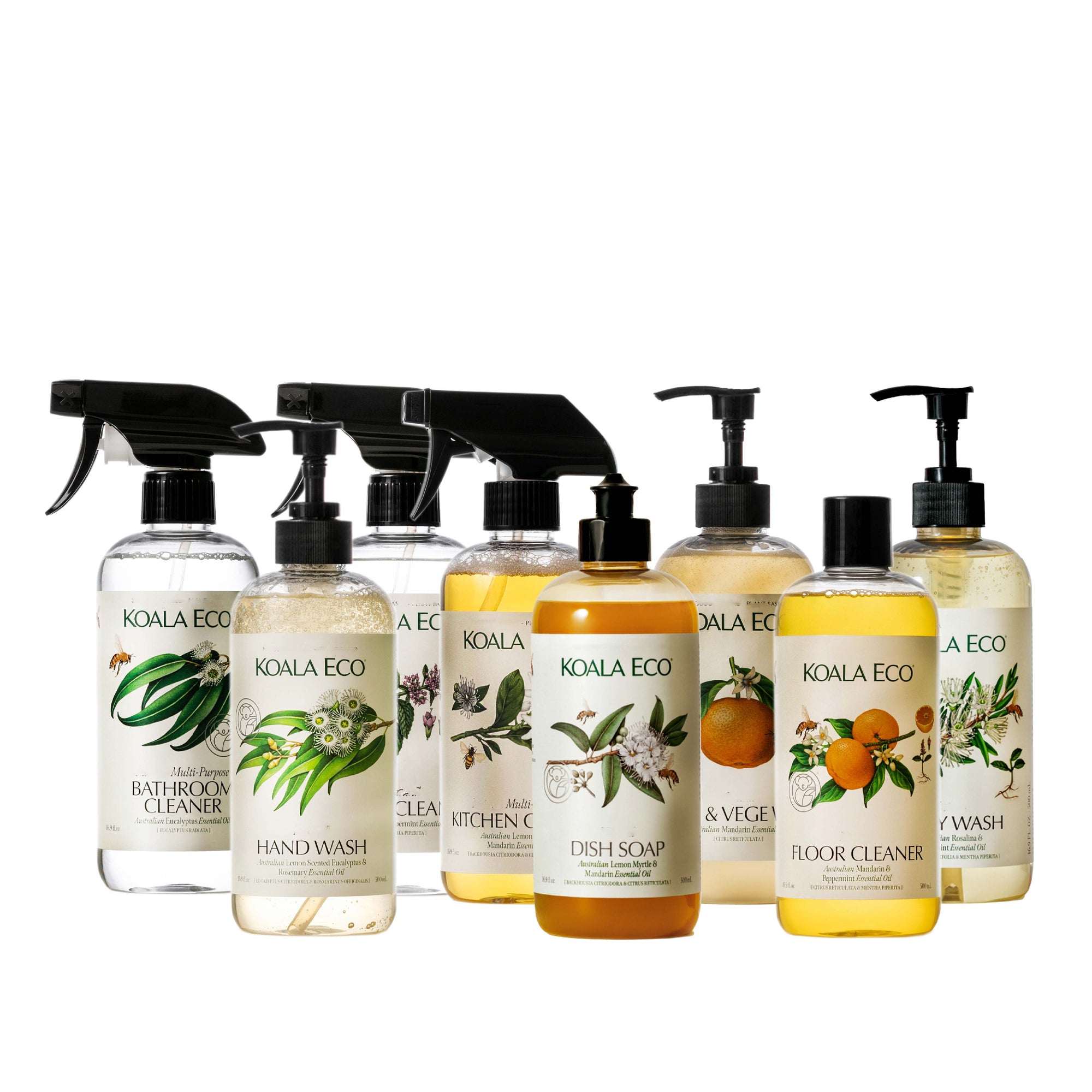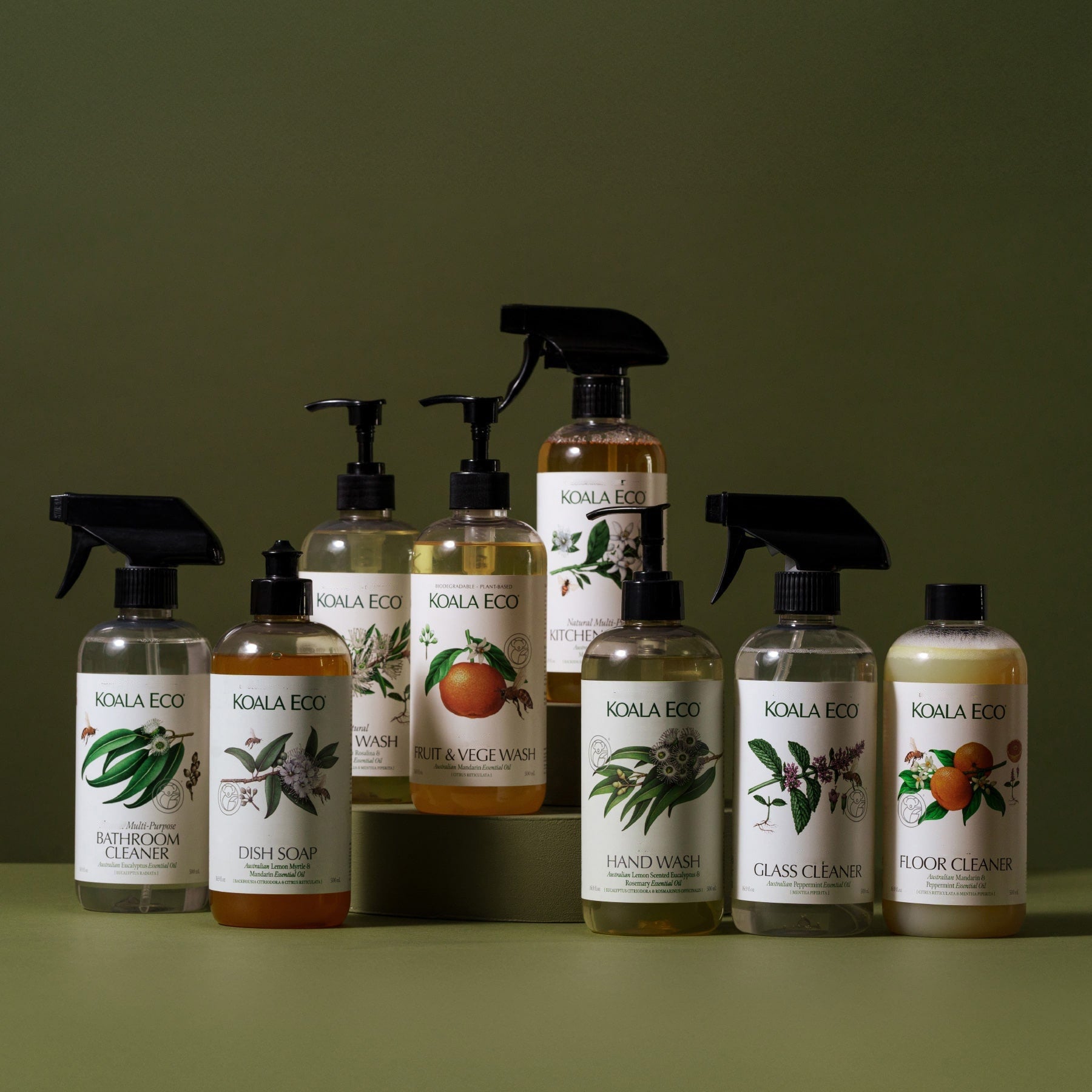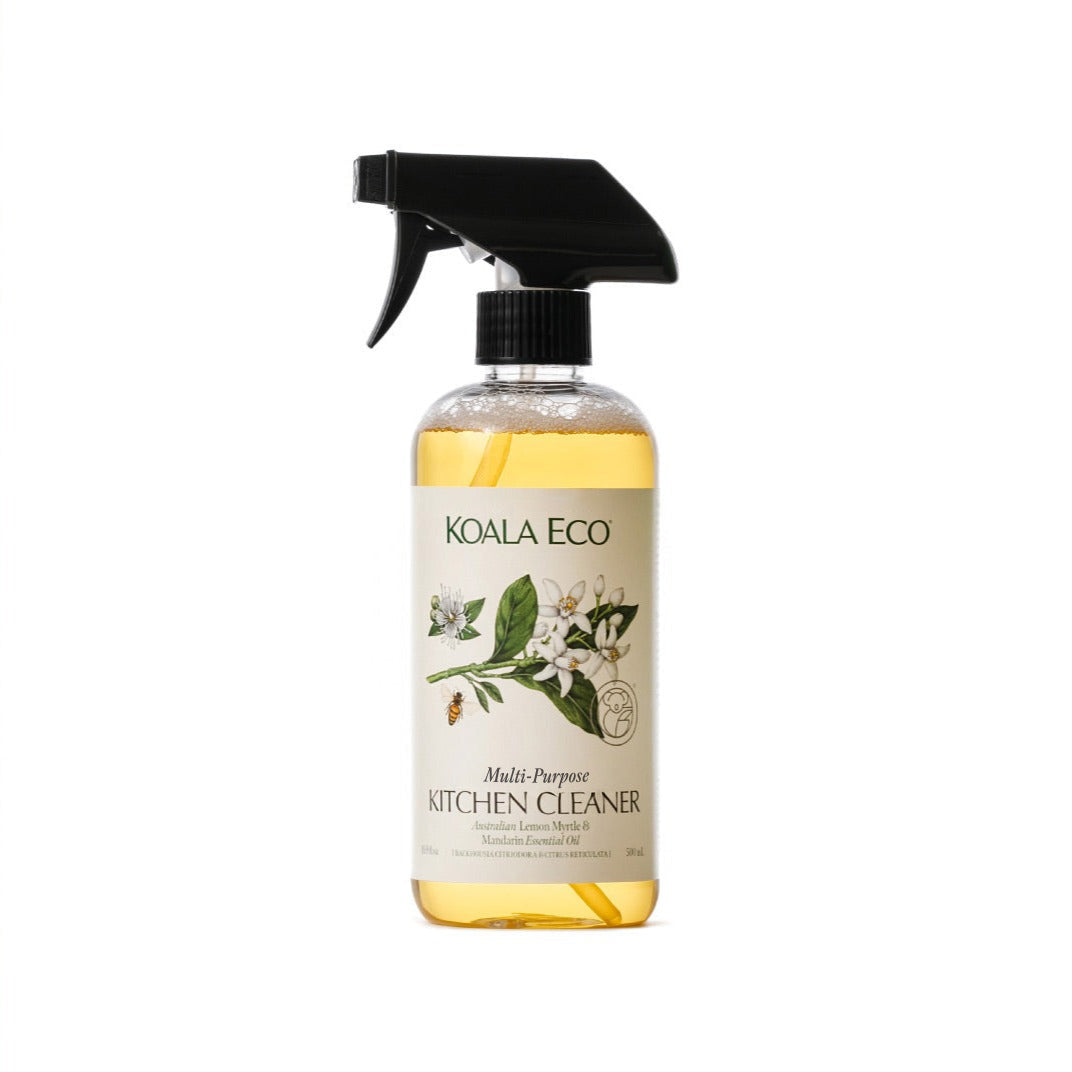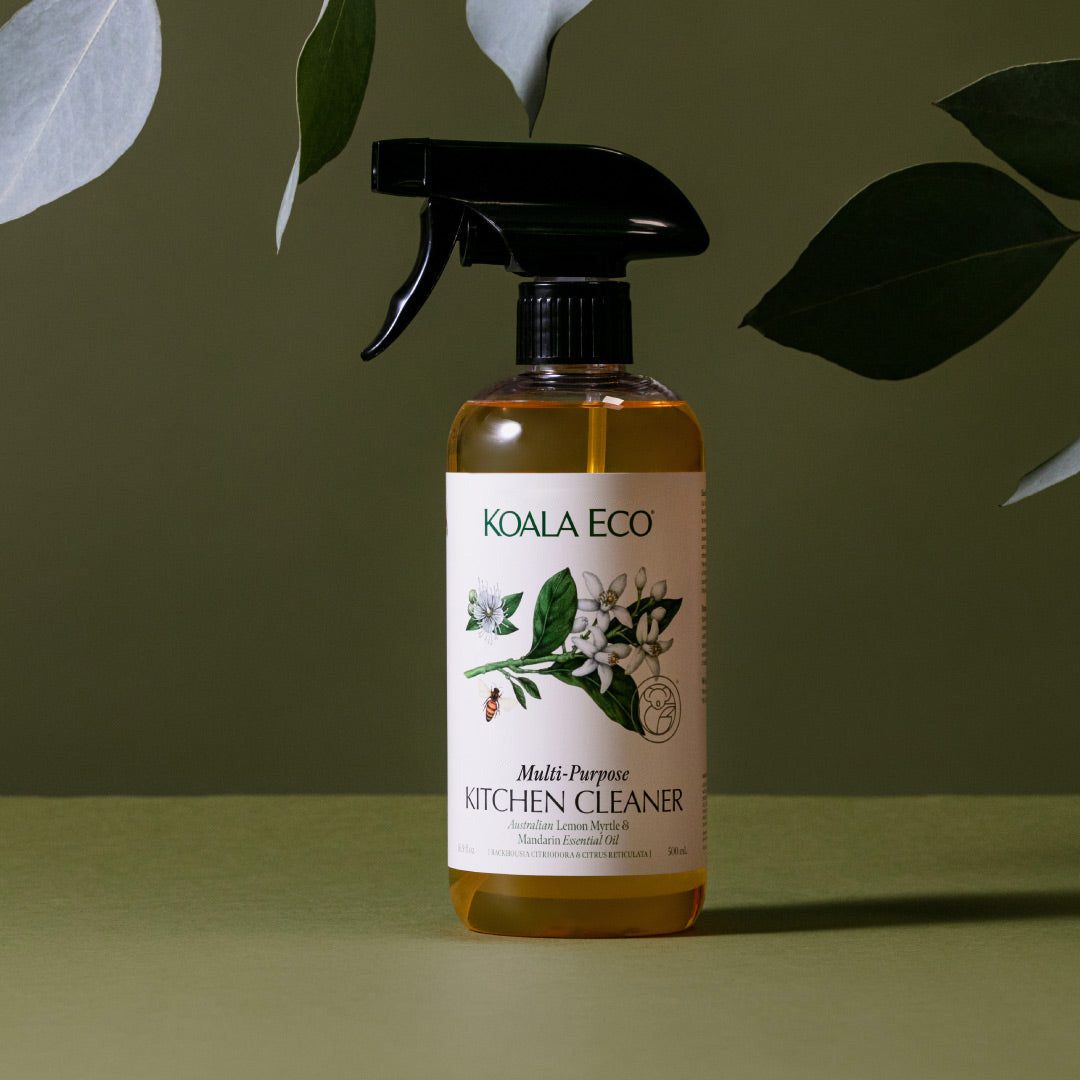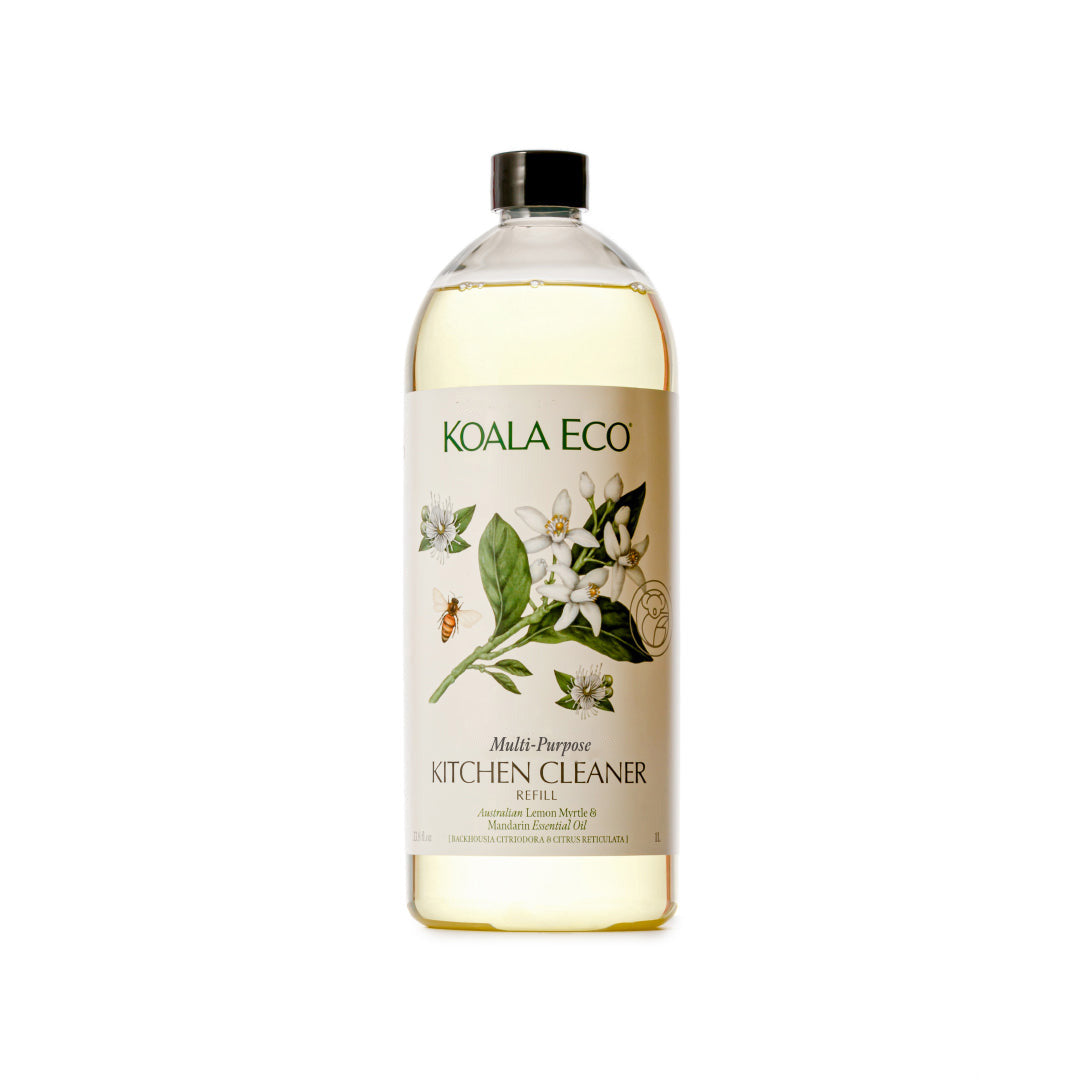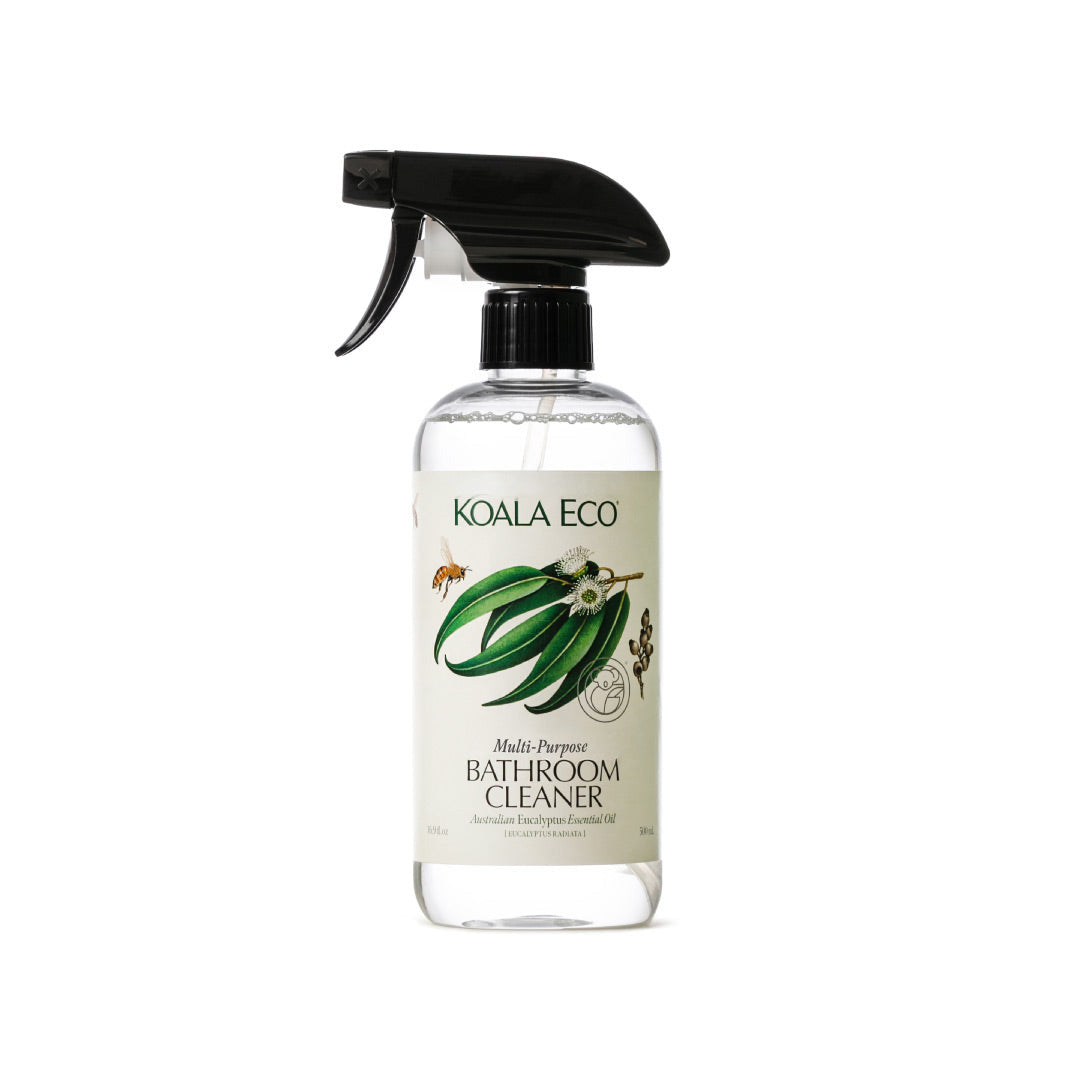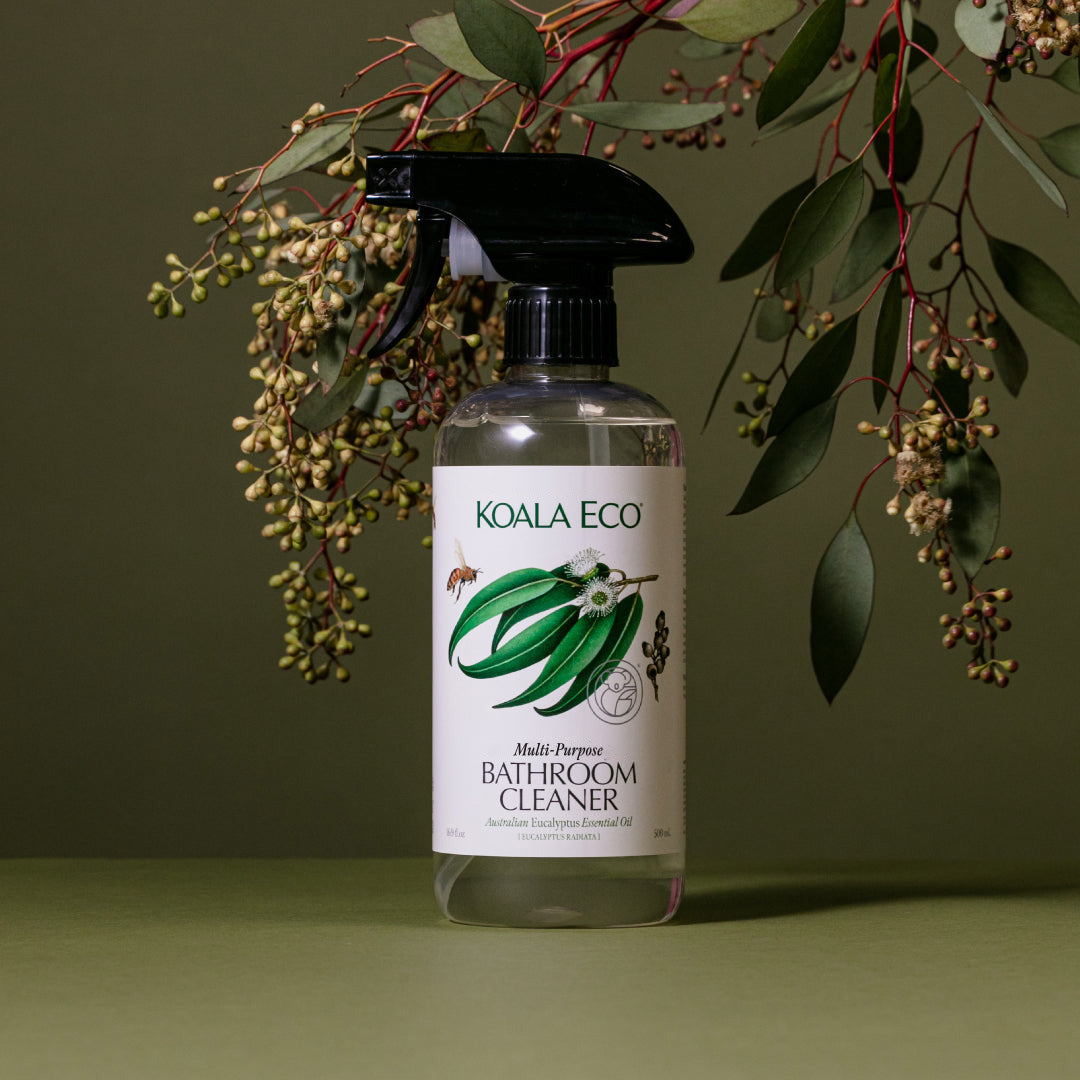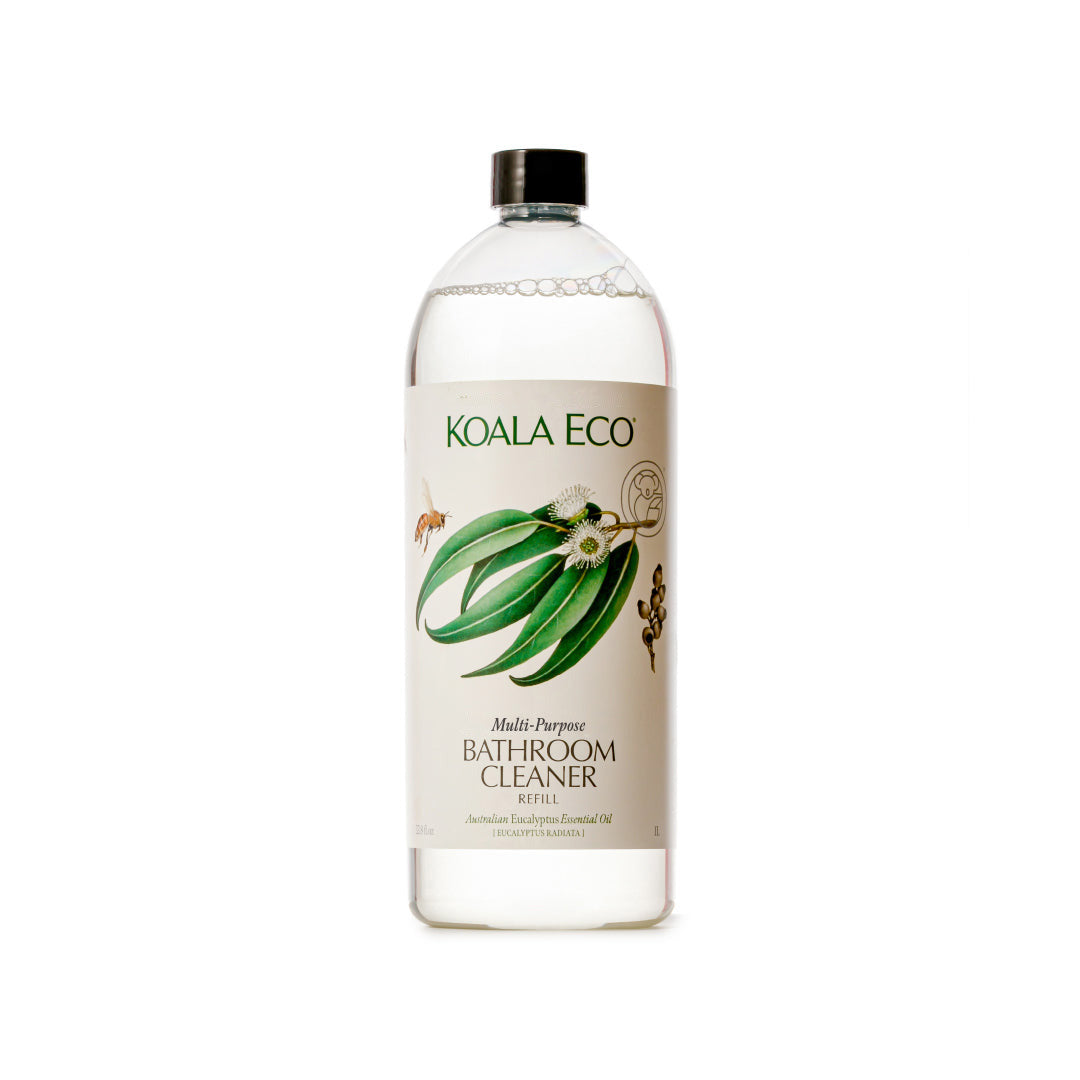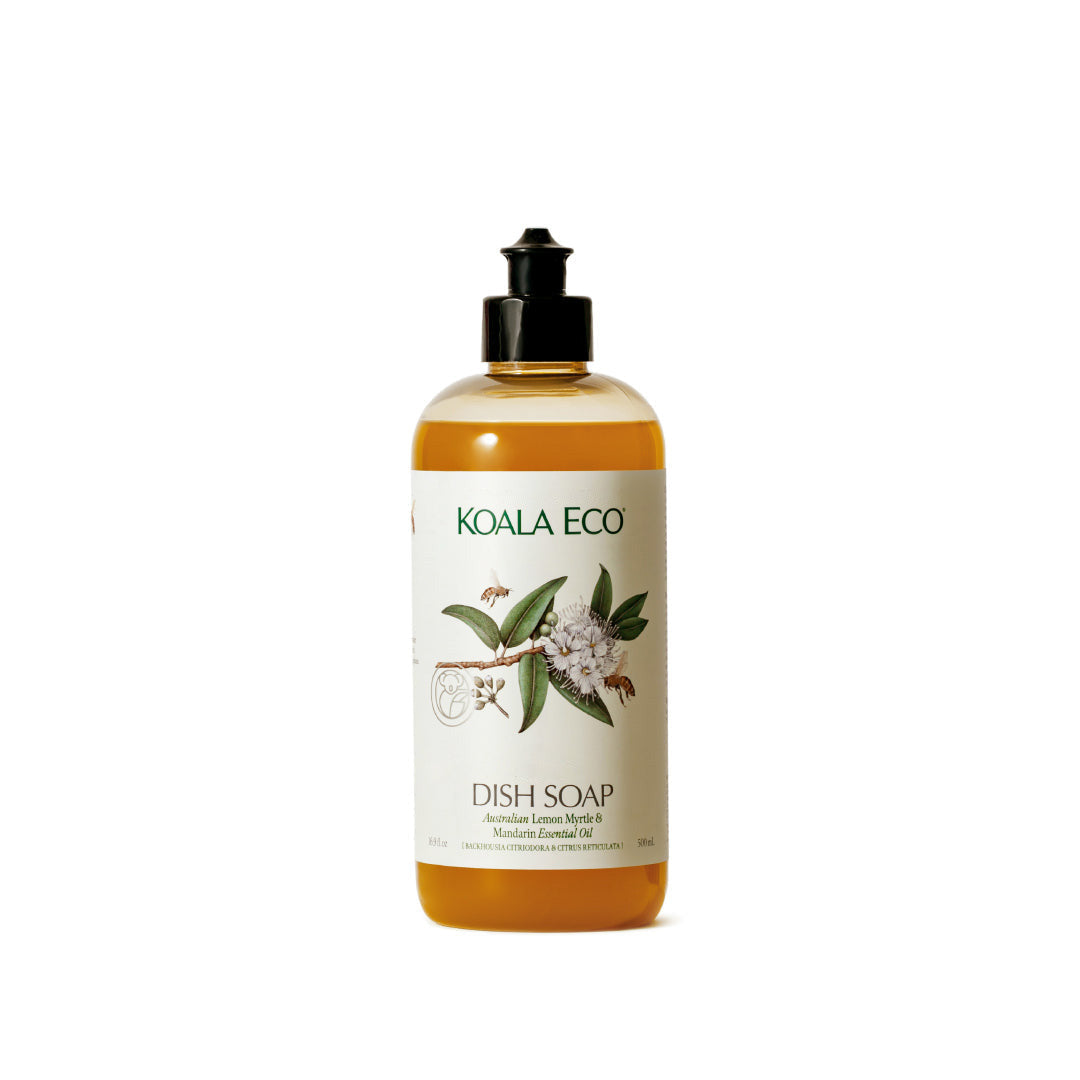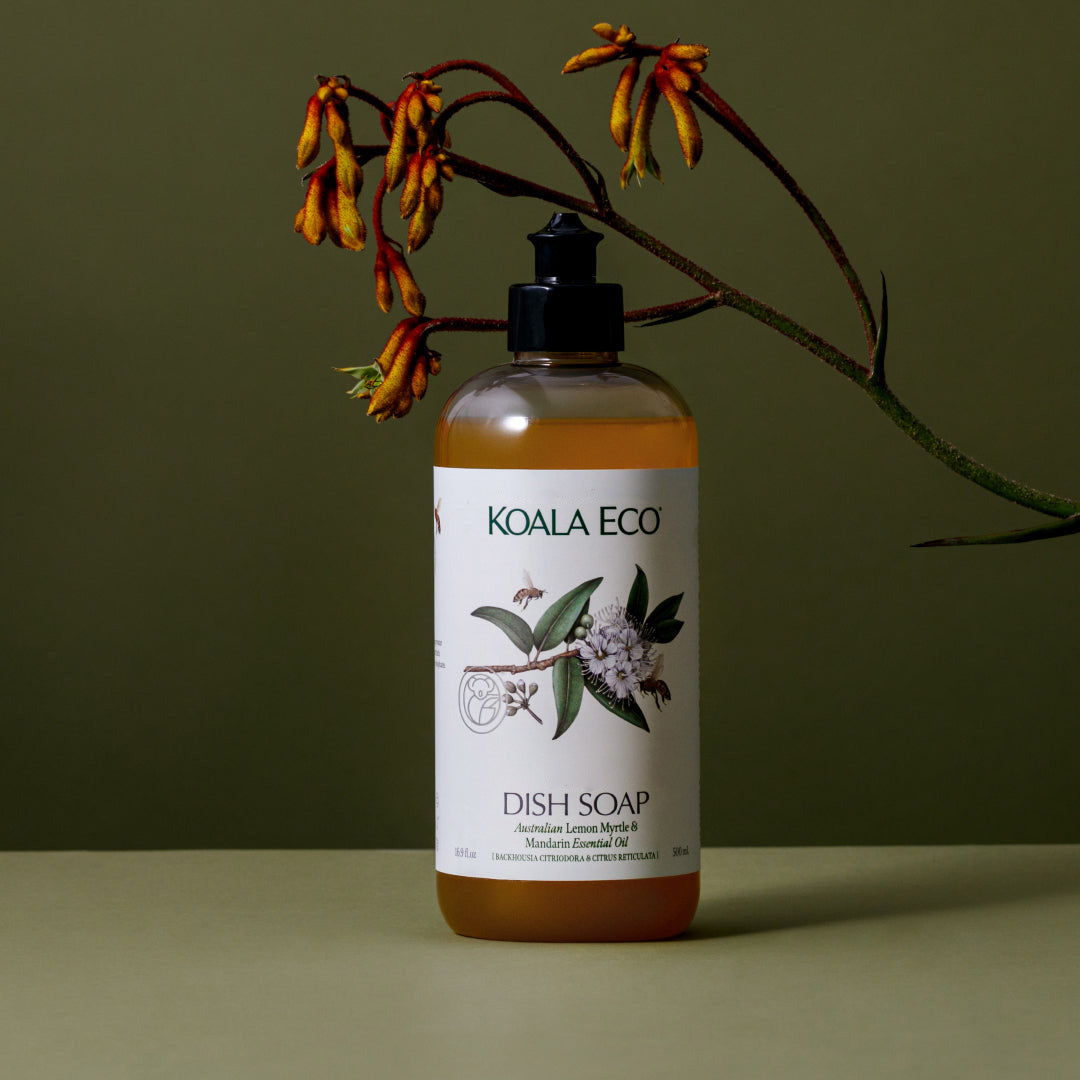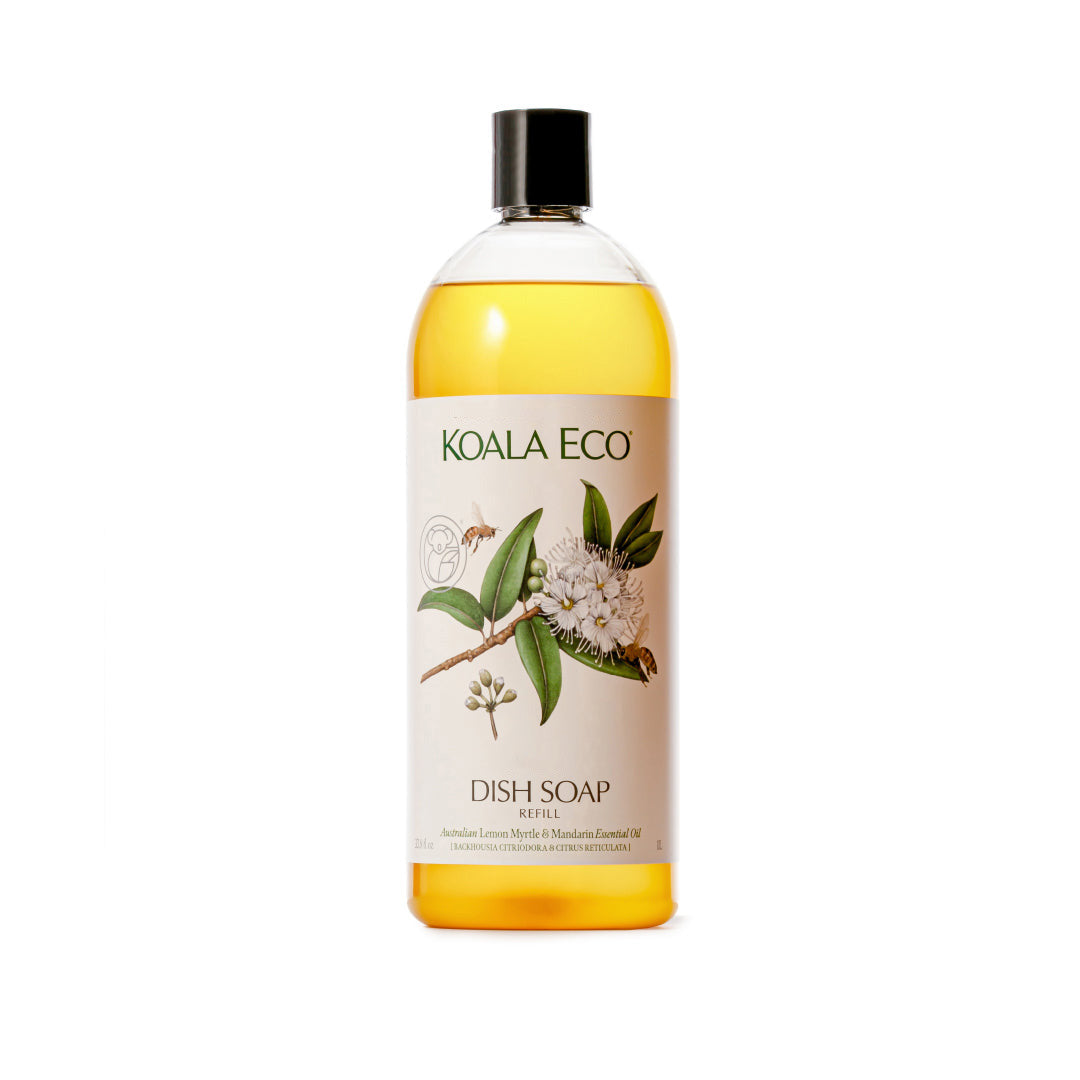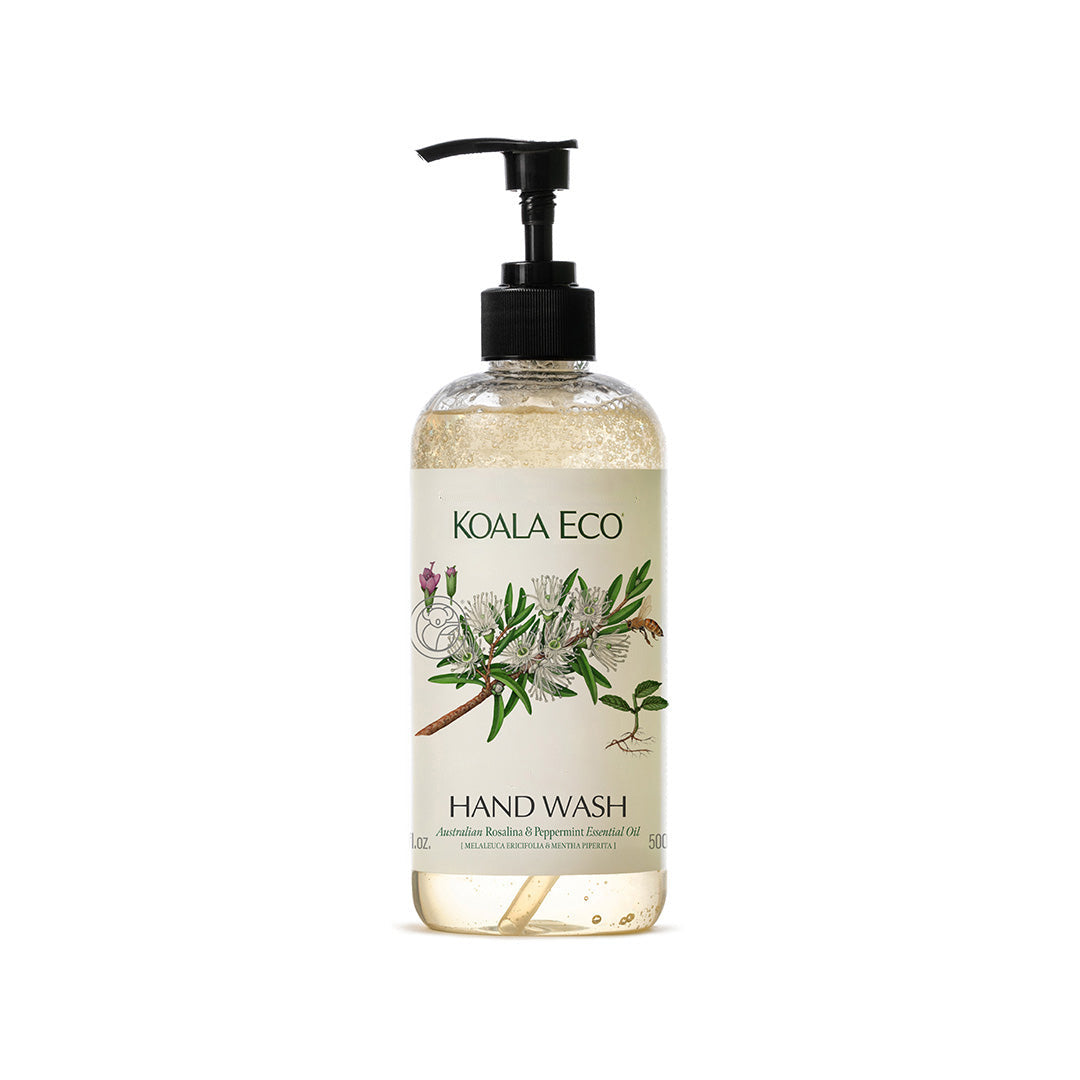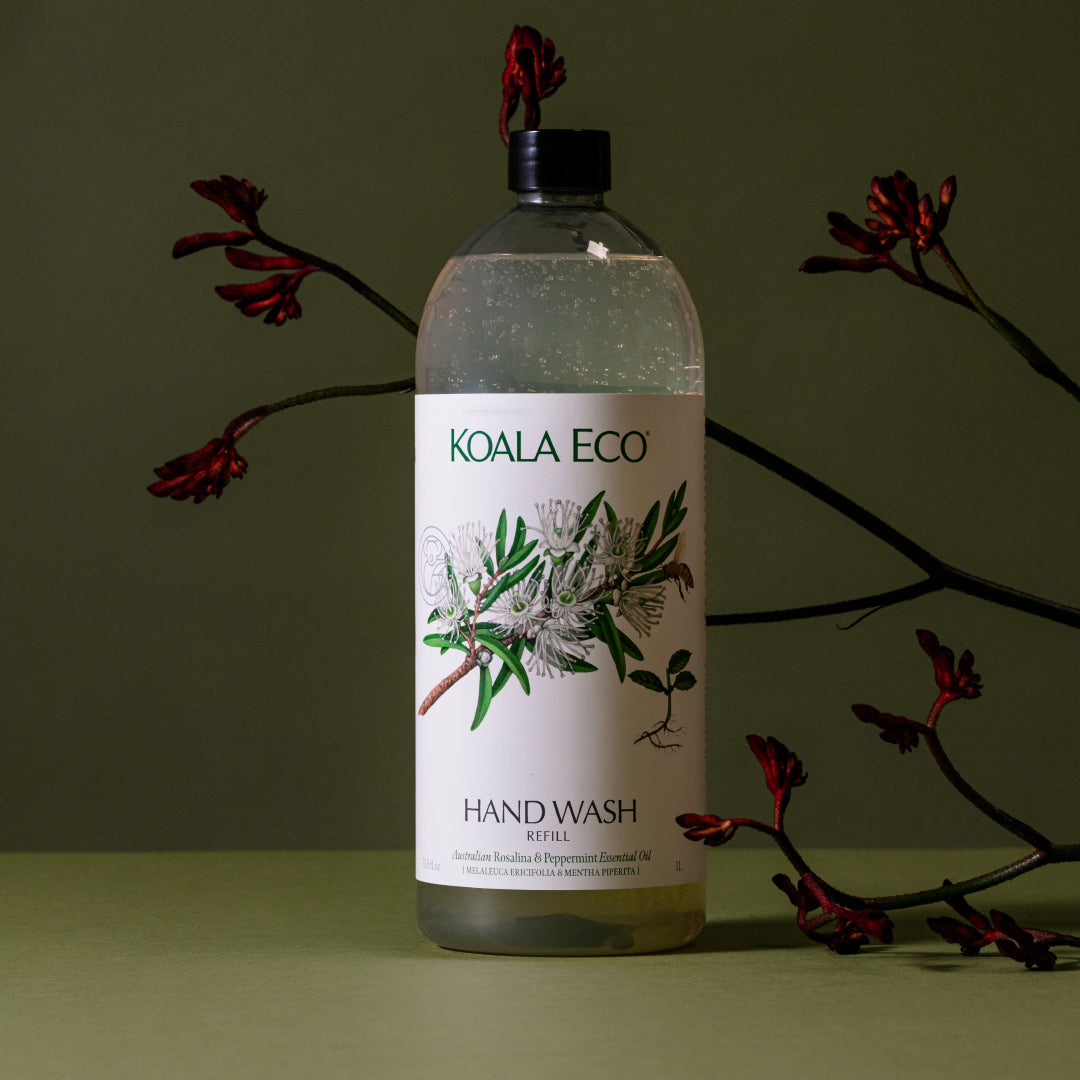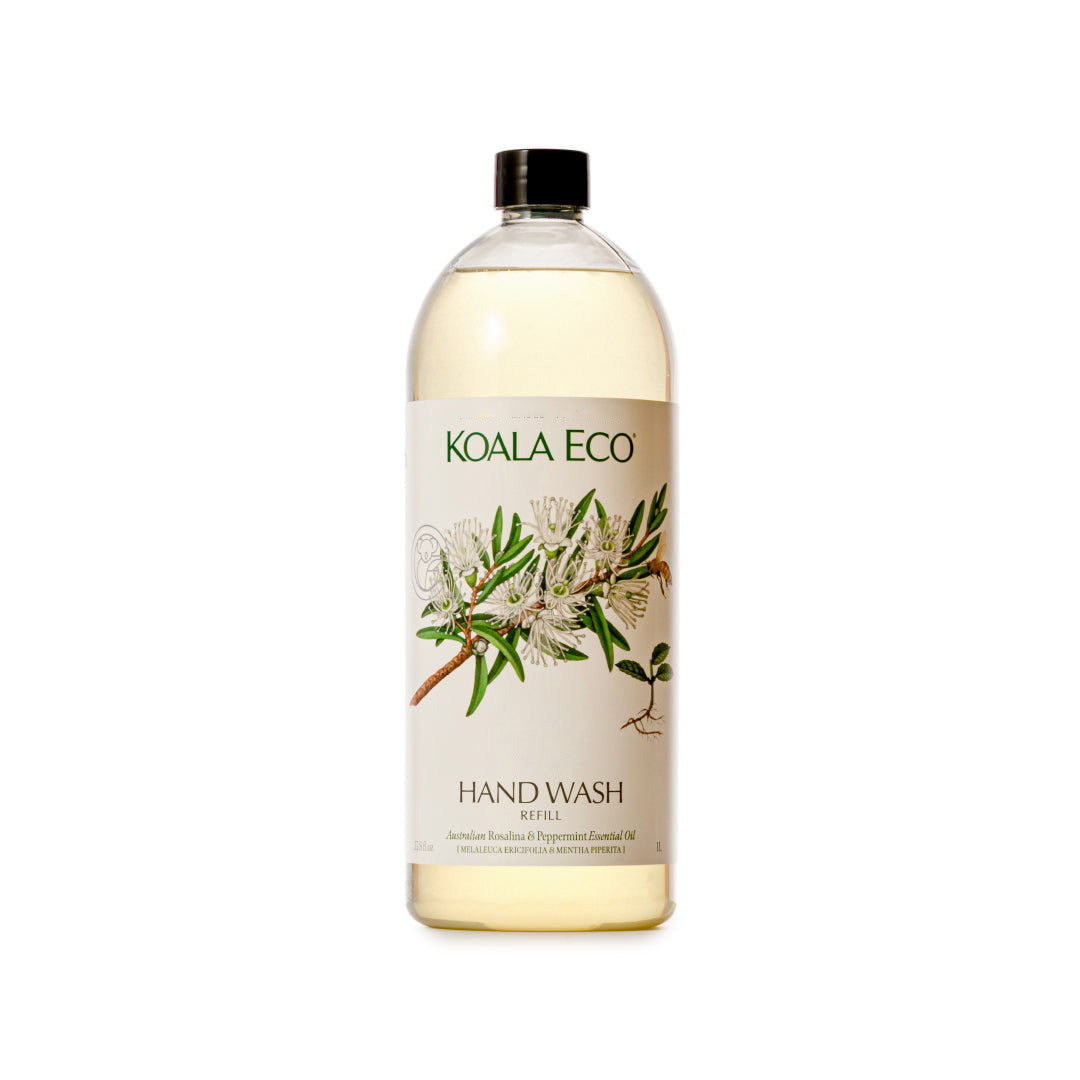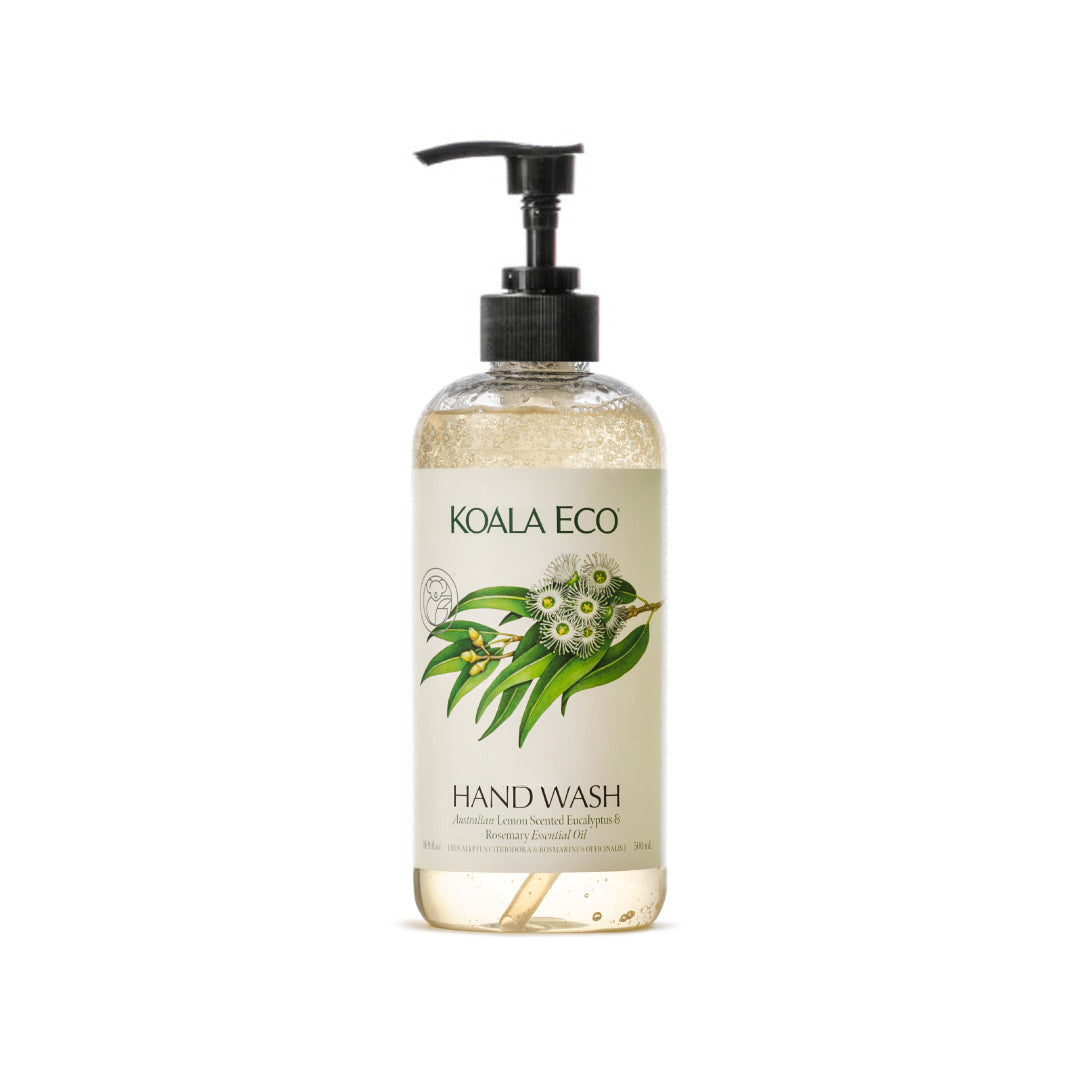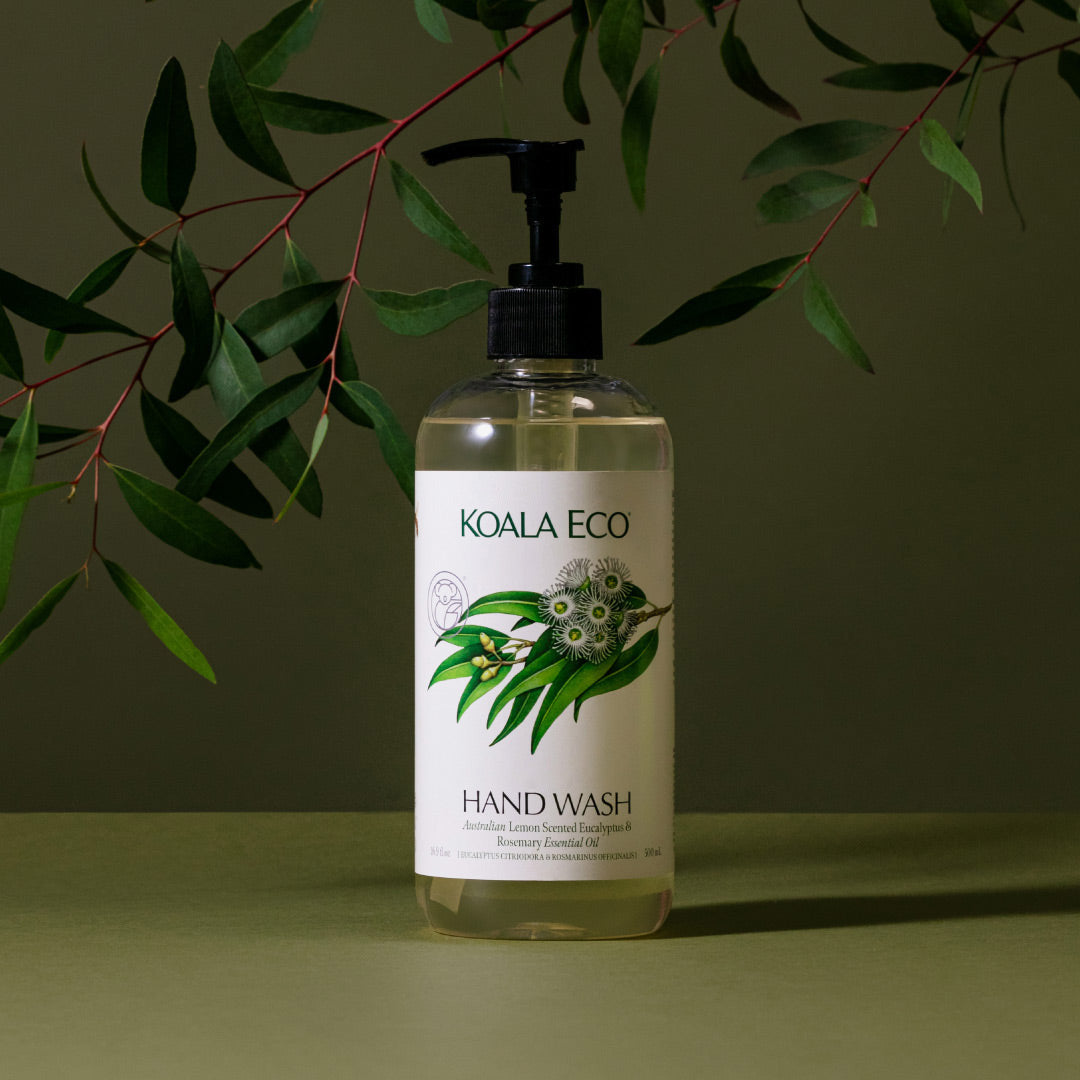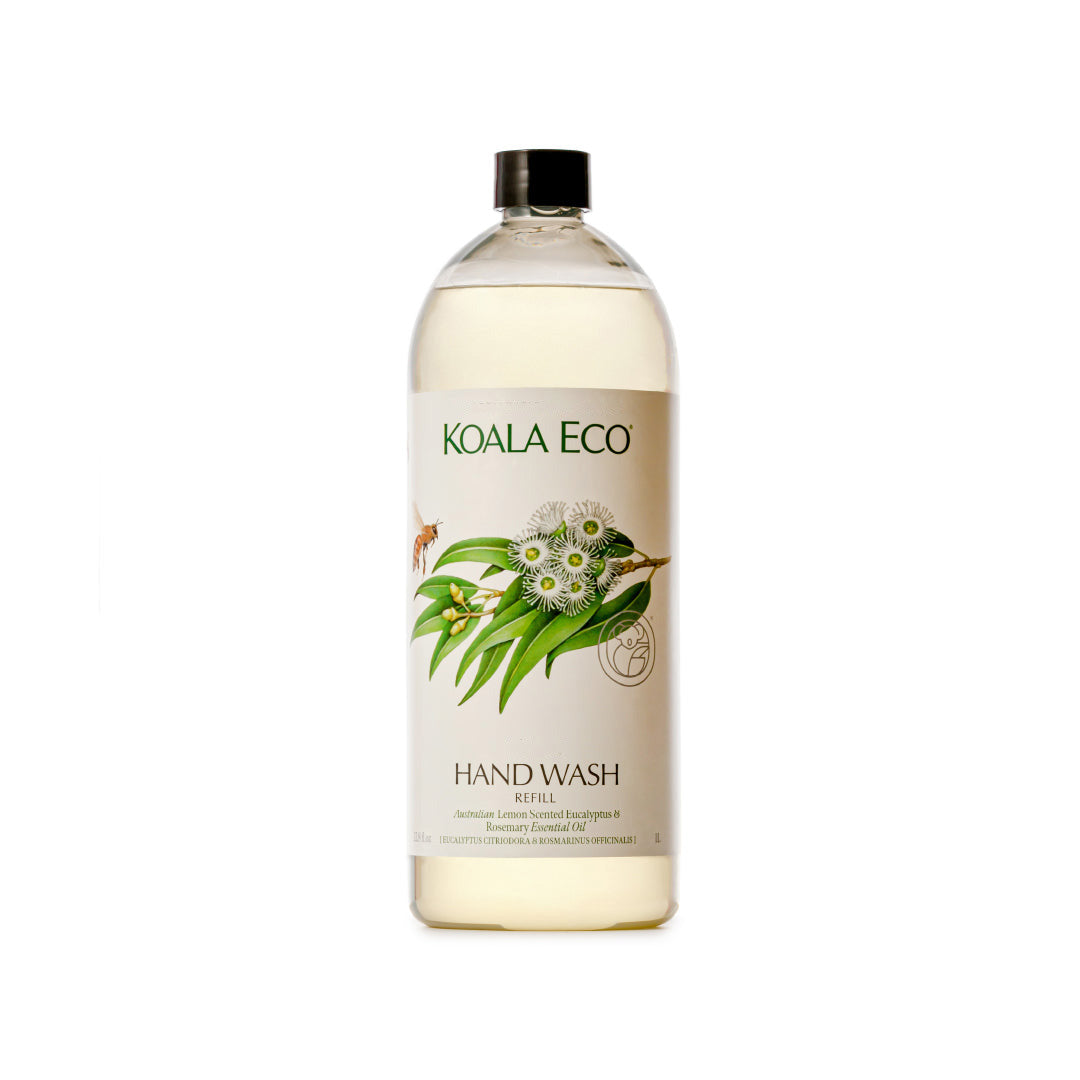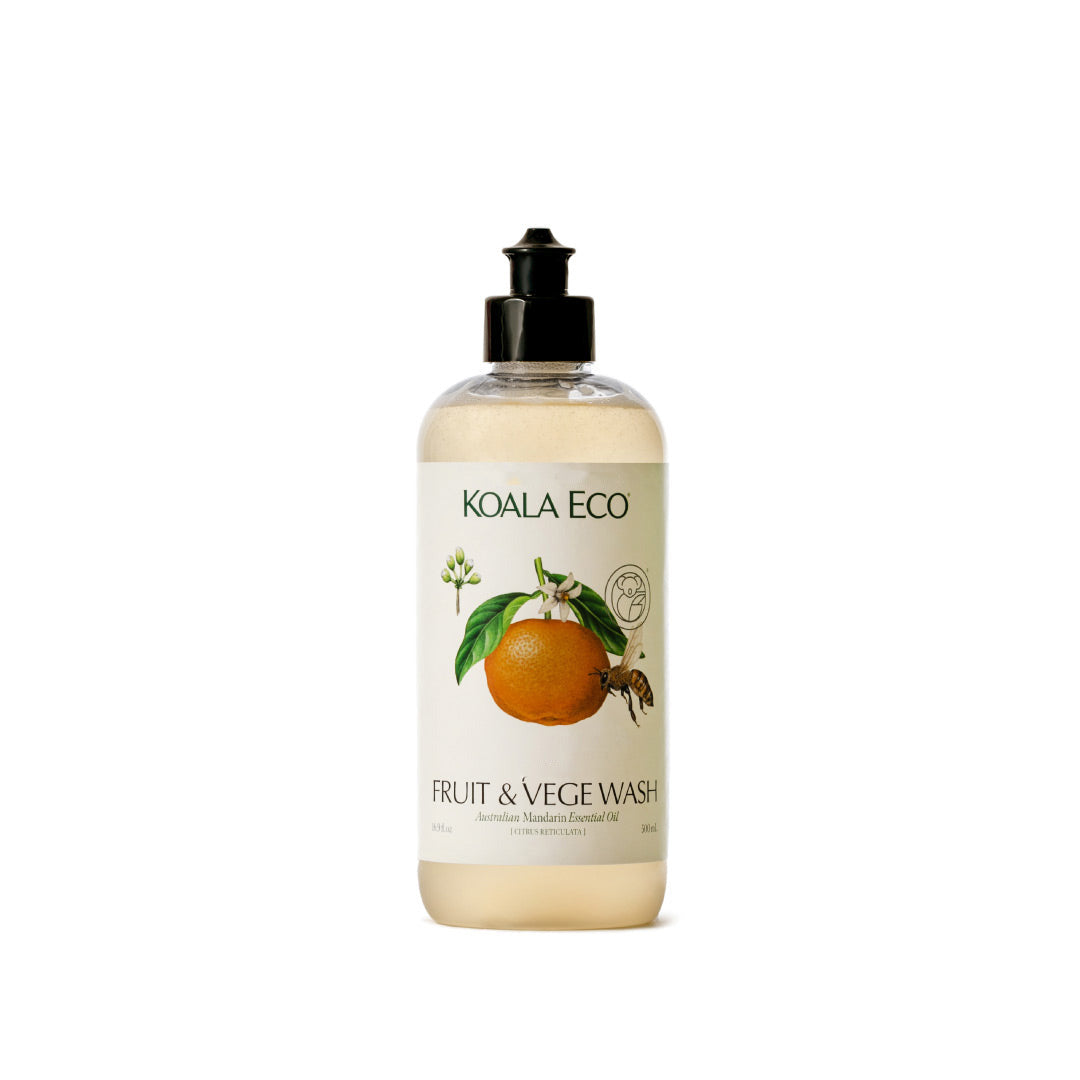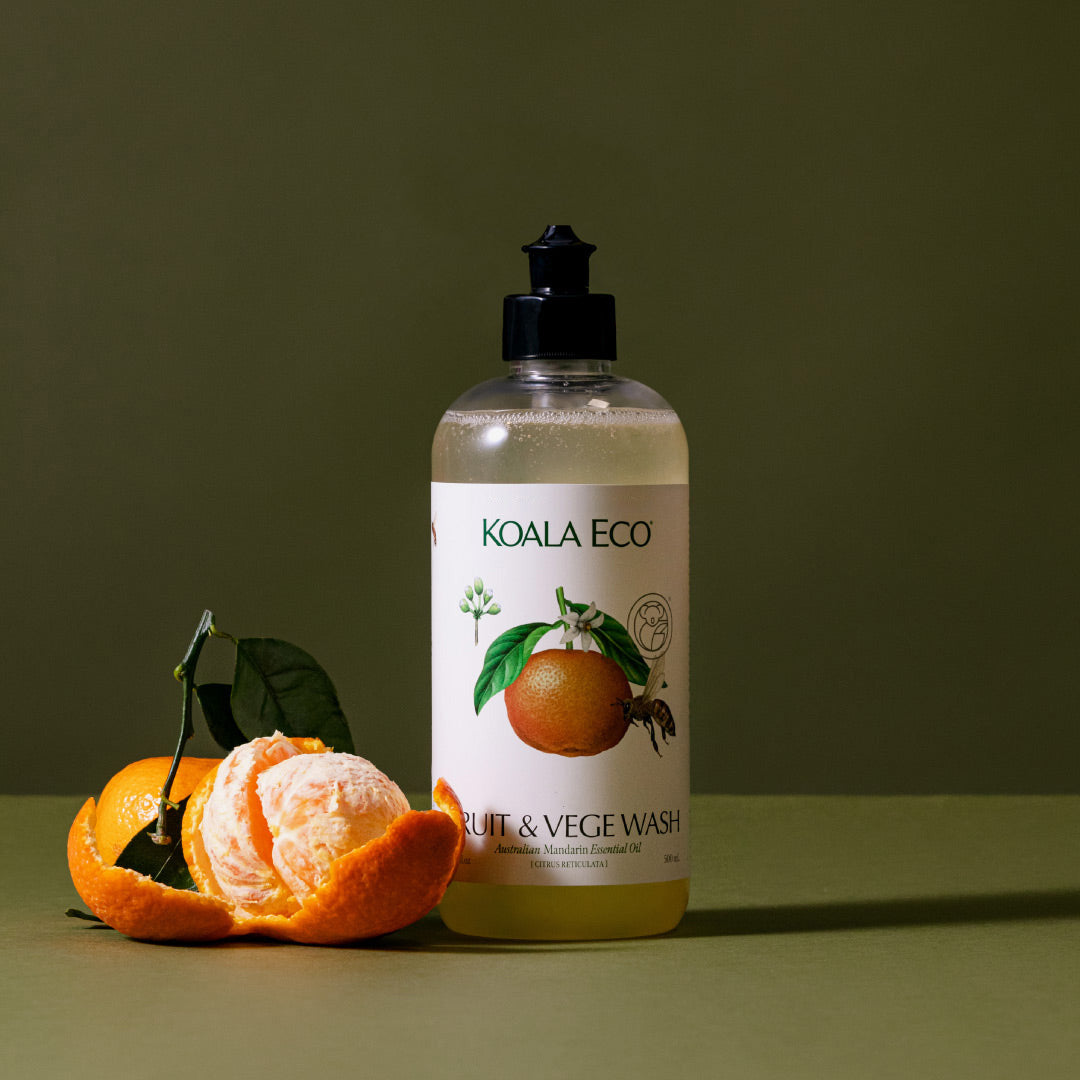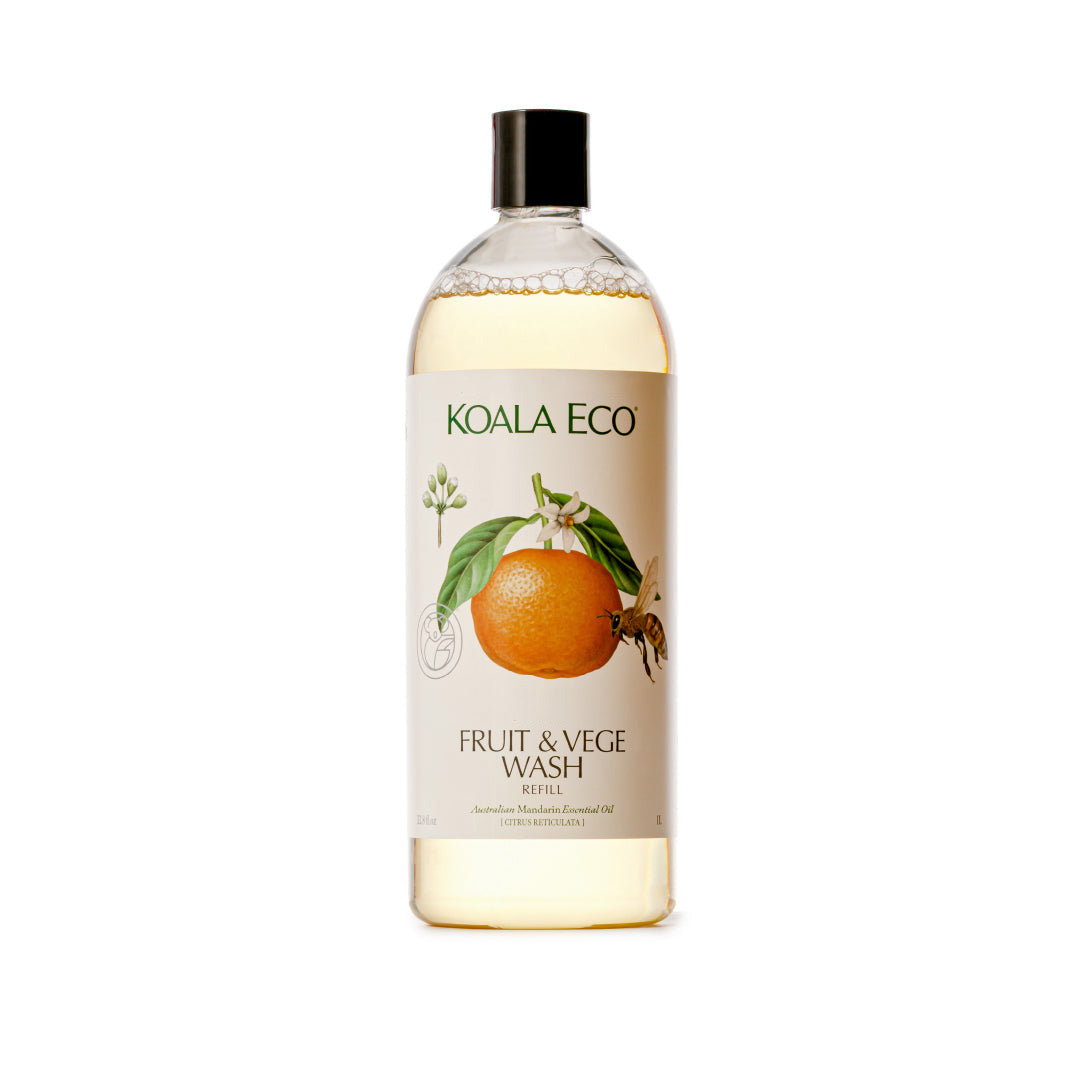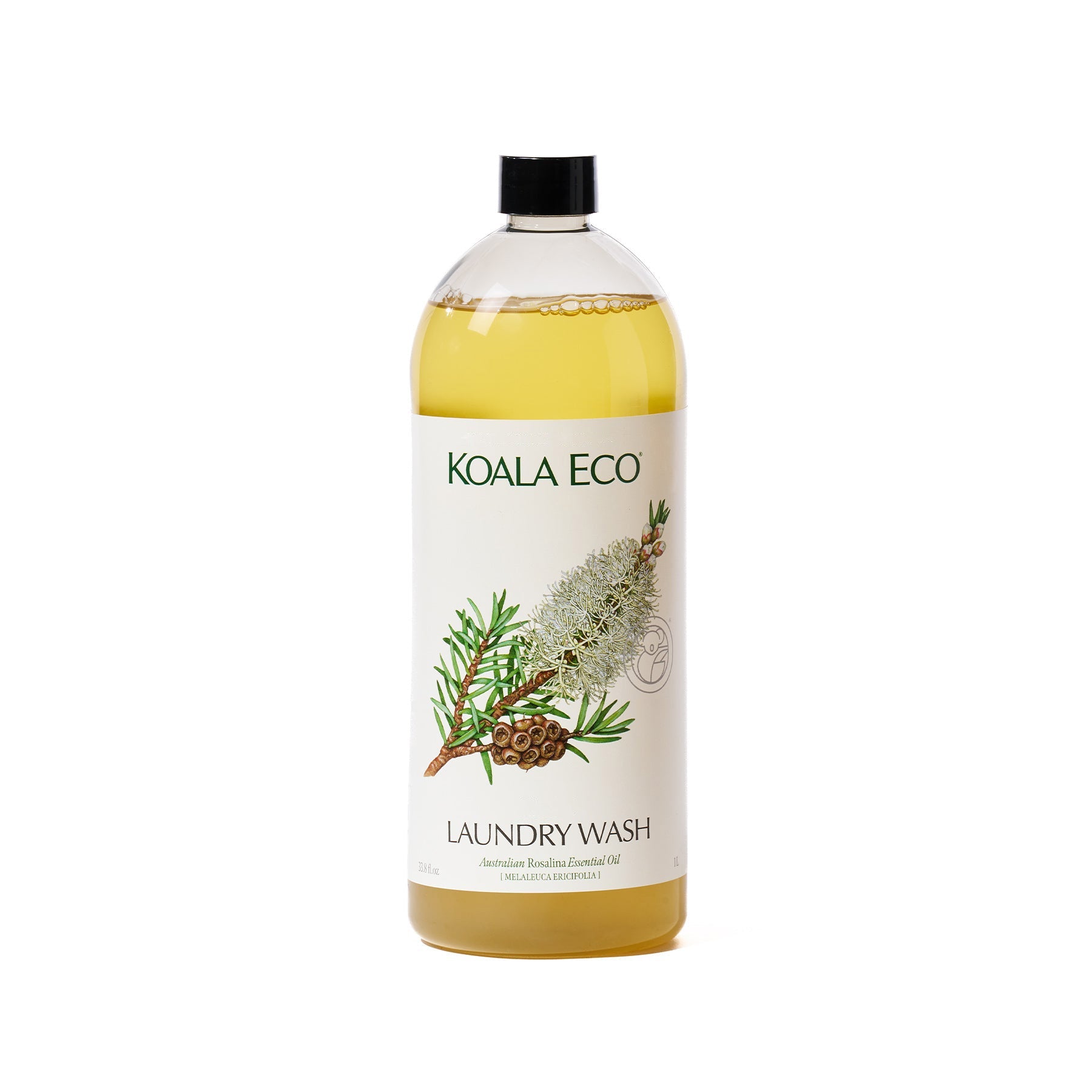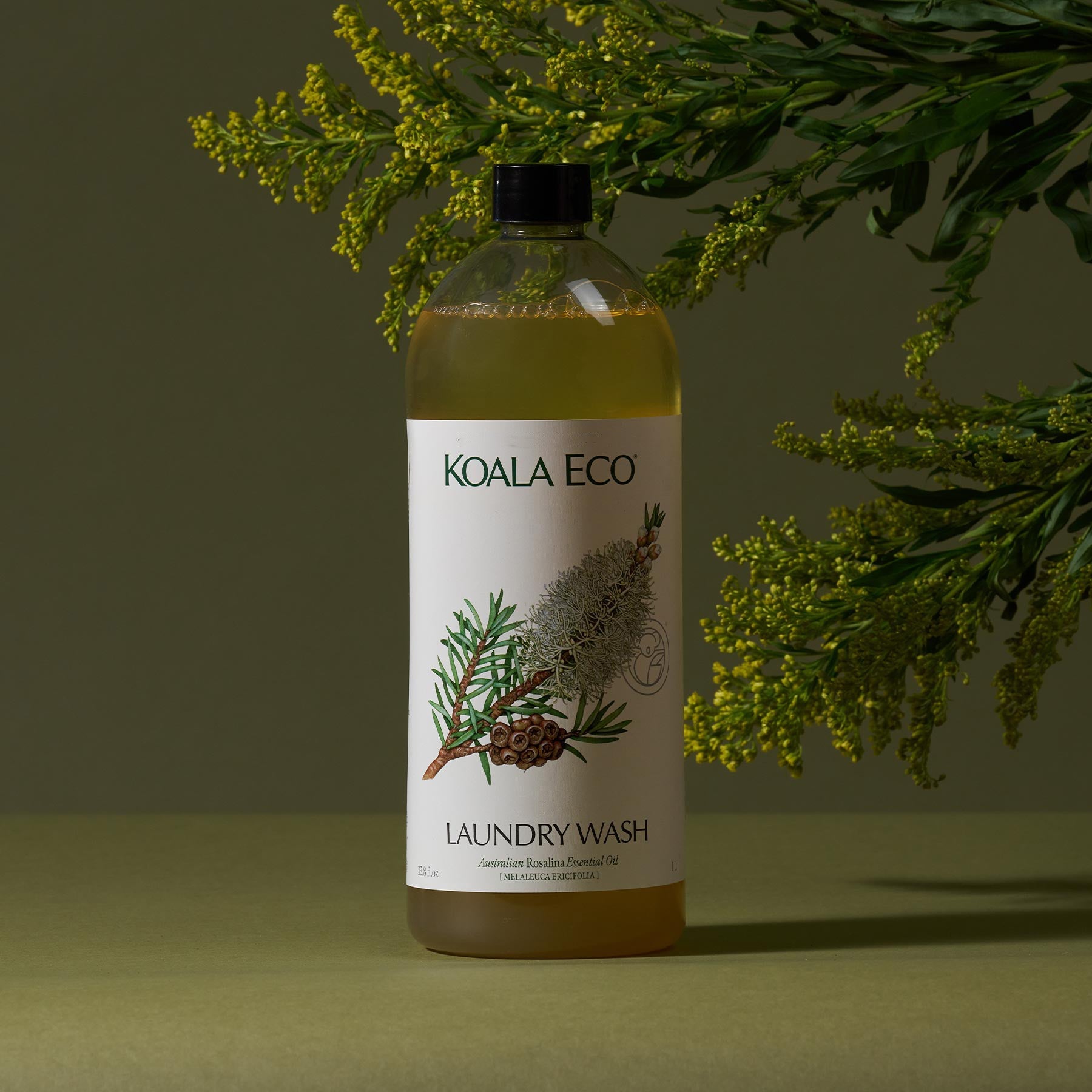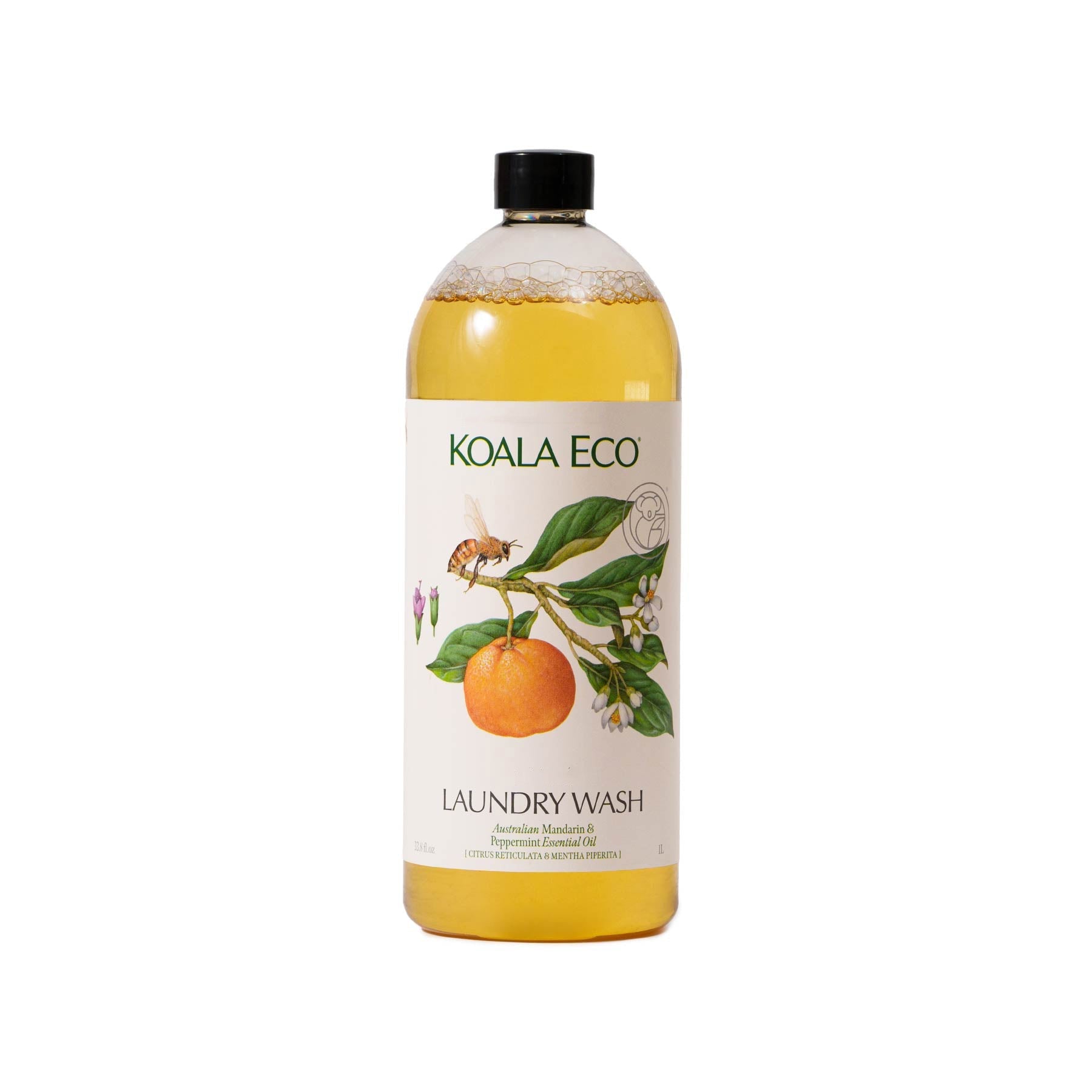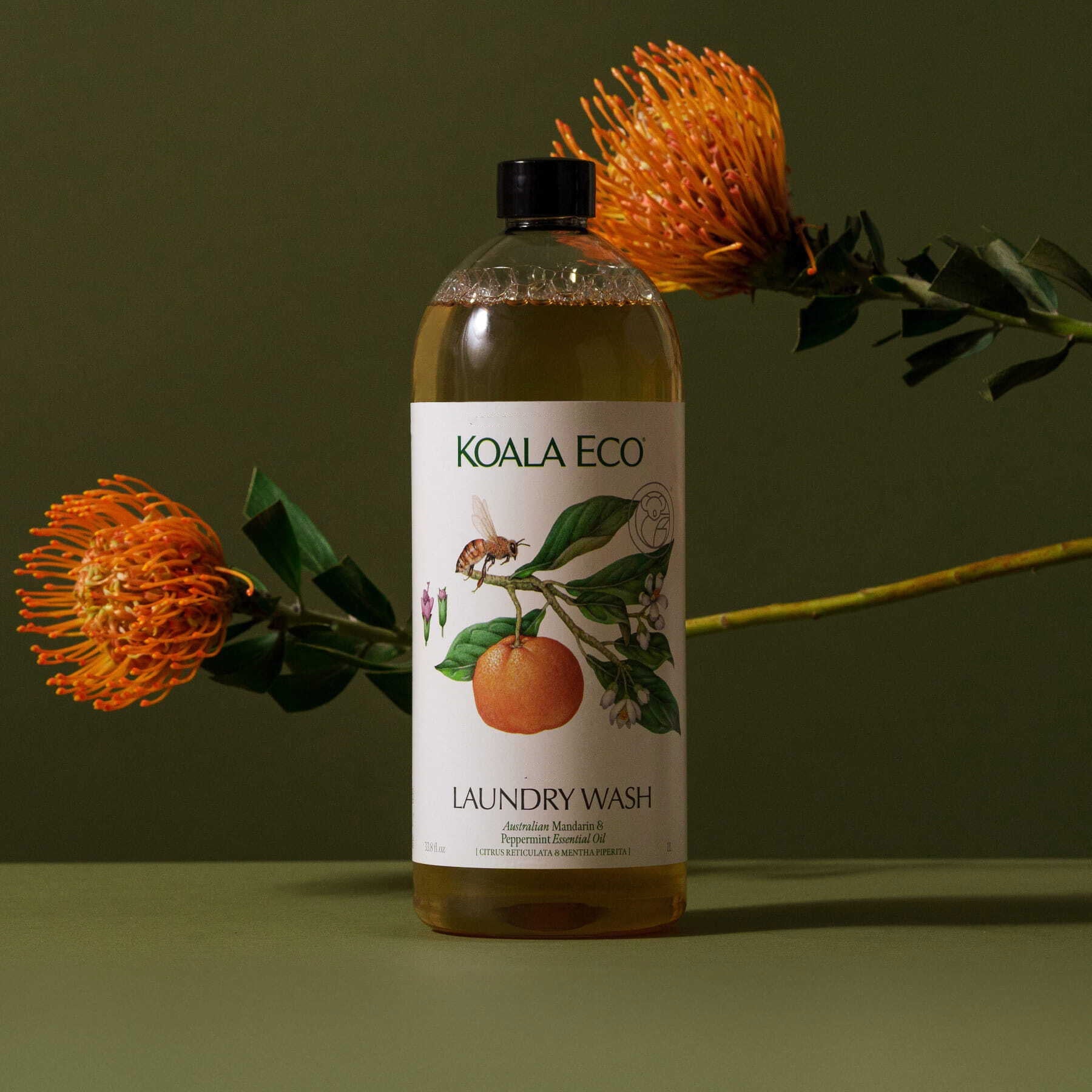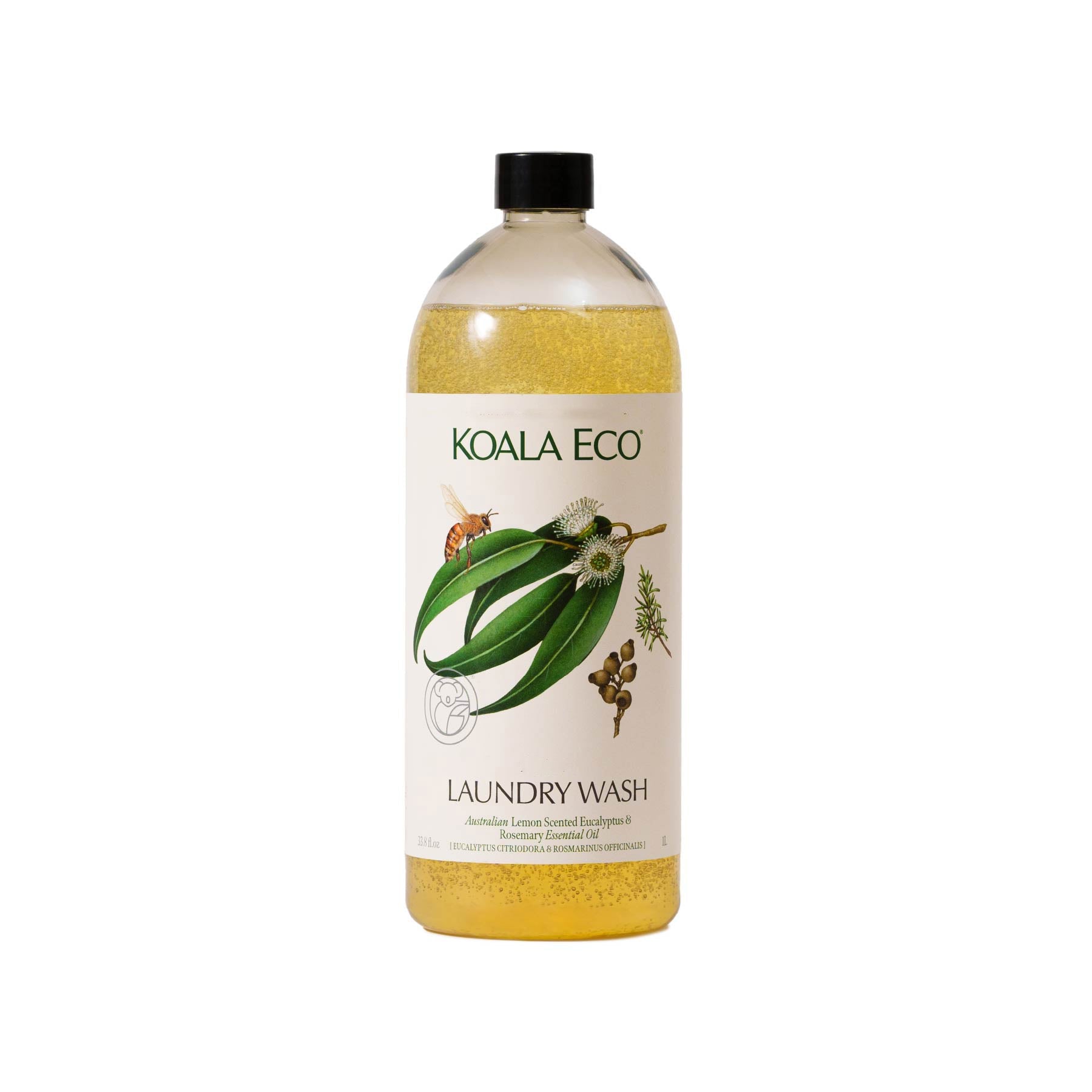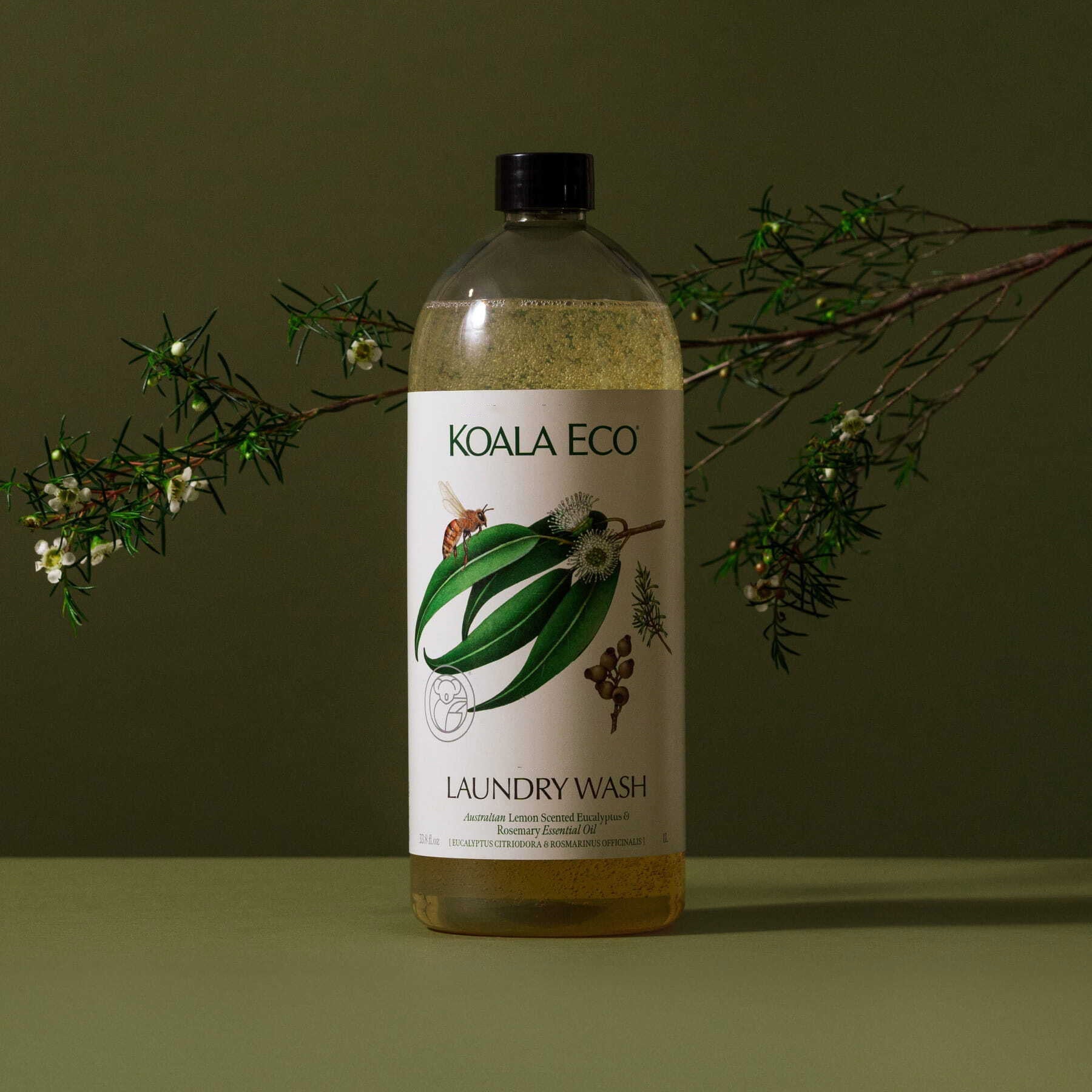Changing how we dispose of our food scraps as a society is one of the easiest ways to positively impact the environment.
Throwing food scraps (like fruit and vegetable peels, egg shells, bread, and cooked grains and beans) into the bin means they’ll end up in a landfill, where they decompose in an anaerobic (oxygenless) environment and release methane into the atmosphere (this is what causes food to rot and stink).
Meanwhile, composting food scraps allows them to decompose in an aerobic (oxygenated) environment, recycling food waste into fertiliser to create nutrient-rich soil. This not only reduces methane emissions from landfills but also reduces the strain on the waste management system, improves soil health, and benefits all the diverse life forms that rely on healthy ecosystems.
Here are 3 tips for successful composting:
- Balance Greens and Browns: Ensure a good mix of "greens" (like vegetable peels, coffee grounds, and grass clippings) and "browns" (like dried leaves, straw, paper, and cardboard) to help to create the right conditions for decomposition.
- Maintain Moisture and Aeration: Keep your compost pile moist, but not too wet (think of a wrung-out sponge). Aeration is also key—turn your compost every few weeks to introduce oxygen, which speeds up the decomposition process and prevents unpleasant odors.
- Avoid Composting Problem Materials: Certain items can attract pests or introduce disease to your compost. Avoid adding meat, dairy, oily foods, or pet waste. These can slow down decomposition or create hygiene issues.
Ps. Koala Eco’s Scrubbing Brush is also compostable.







